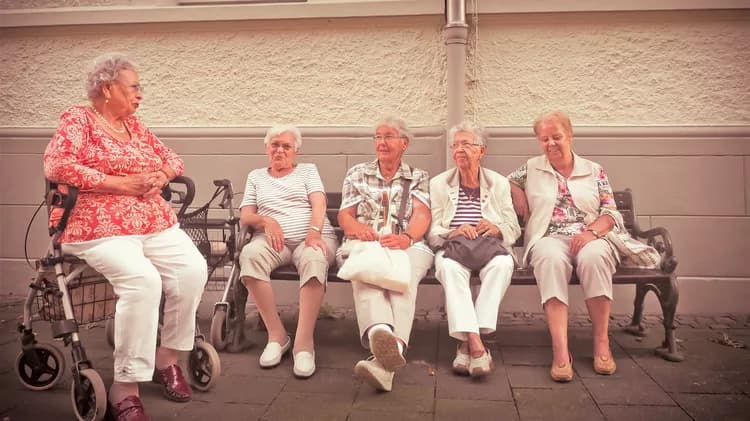
Emotional Support Is Key For Stroke Patients, Research Suggests
Doctors caring for severe stroke patients need to take account of their psychological needs and help prepare families for the possibility that they may not recover, a study suggests.
Patients and their families experience debilitating feelings of loss and uncertainty following a major stroke that impact on their quality of life, the findings show.
The results, from repeat interviews carried out over six months, also suggest that healthcare professionals should not shy away from sensitive discussions about death.
The study by the Universities of Edinburgh and Glasgow followed patients in Scotland over the course of a year following a severe form of stroke. Healthcare staff and family carers were also interviewed.
More than half of the patients in the study died within six months of admission to hospital. Families reported that -- despite the high risk of death -- care was overly focused on physical recovery with little attention to emotional needs or preparation for death.
A carer who took part in the study and whose father died from severe stroke, said: "If they had told us the magnitude of the stroke as far back as the first hospital visit we would have done things differently, rather than pushing for something that was never going to happen."
As so many patients with major stroke die within six months, researchers suggest that care should reflect the possibility of death and disability.
They also say that rehabilitation should incorporate principles of palliative care to address the emotional, social and spiritual -- as well as the physical -- needs of patients.
Stroke accounts for more than six million deaths per year worldwide.
The study is published in the Canadian Medical Association Journal and was funded by Chief Scientist Office, part of the Scottish Government Health Directorates.
Professor Scott Murray of the University of Edinburgh's Usher Institute of Population Health Science and Informatics, who led the study, said: "It is a sad fact that many people with a severe stroke die, despite excellent and speedy medical care. Whilst we hope for a good recovery, relatives and patients also should be supported in preparing for the worst to help them to focus on quality of life."
Professor Gillian Mead, of the Centre for Clinical Brain Sciences at the University of Edinburgh, said: "Stroke occurs suddenly and patients may face death or survival with major disability. Staff must have sensitive conversations with patients and family to find out their views and agree on which treatments are appropriate. This is an important education and training topic for everyone in the stroke team."
Related Articles
Test Your Knowledge
Asked by users
Related Centers
Related Specialties
Related Physicians
Related Procedures
Related Resources
Join DoveHubs
and connect with fellow professionals

0 Comments
Please log in to post a comment.